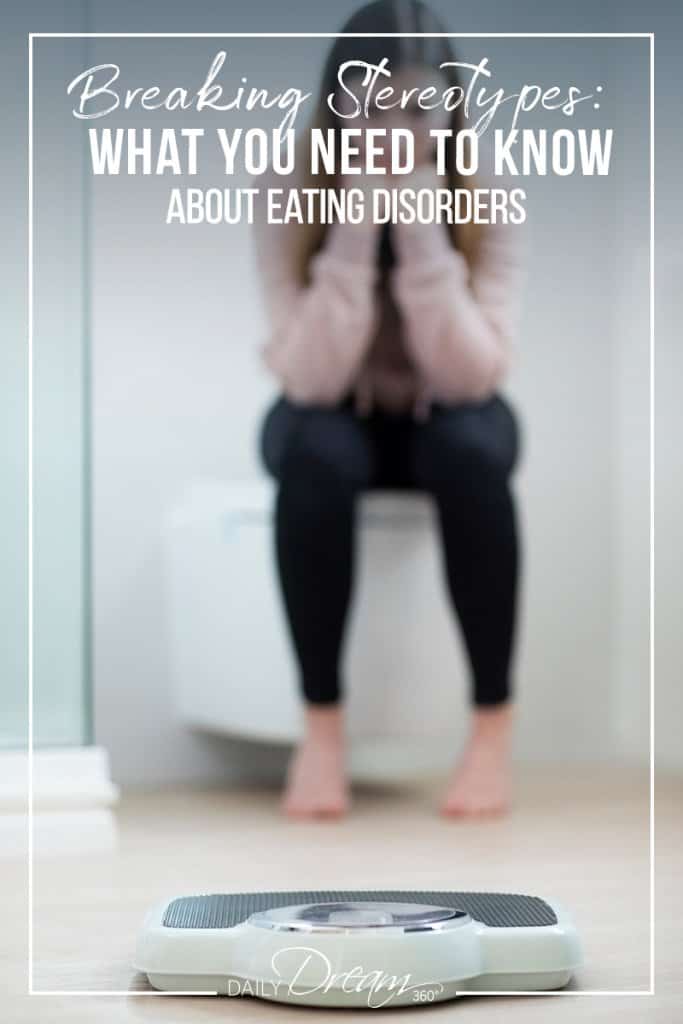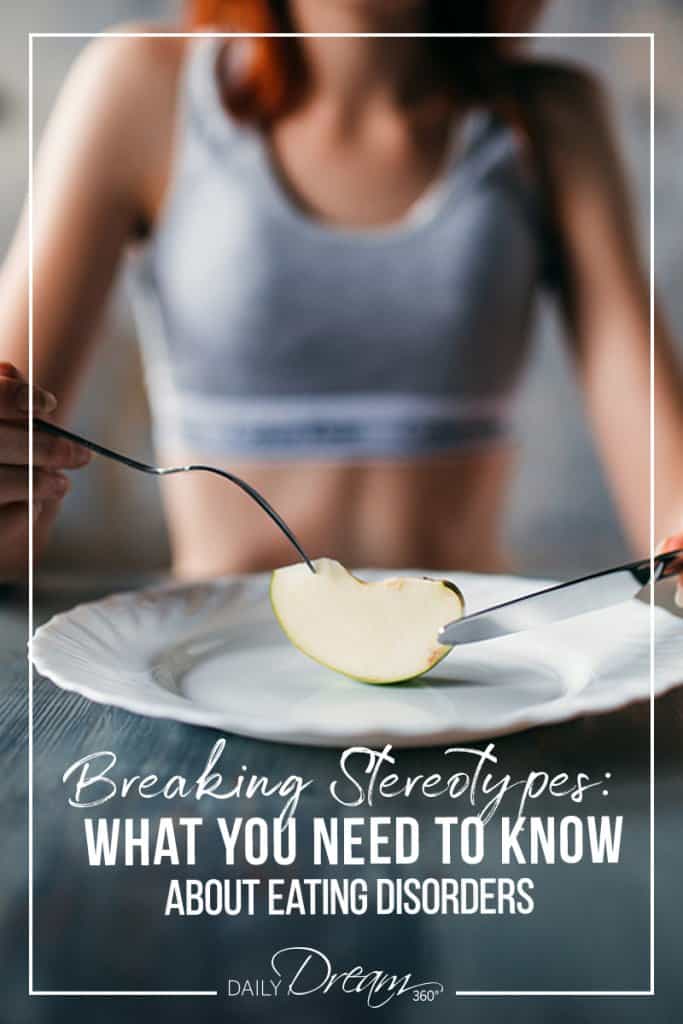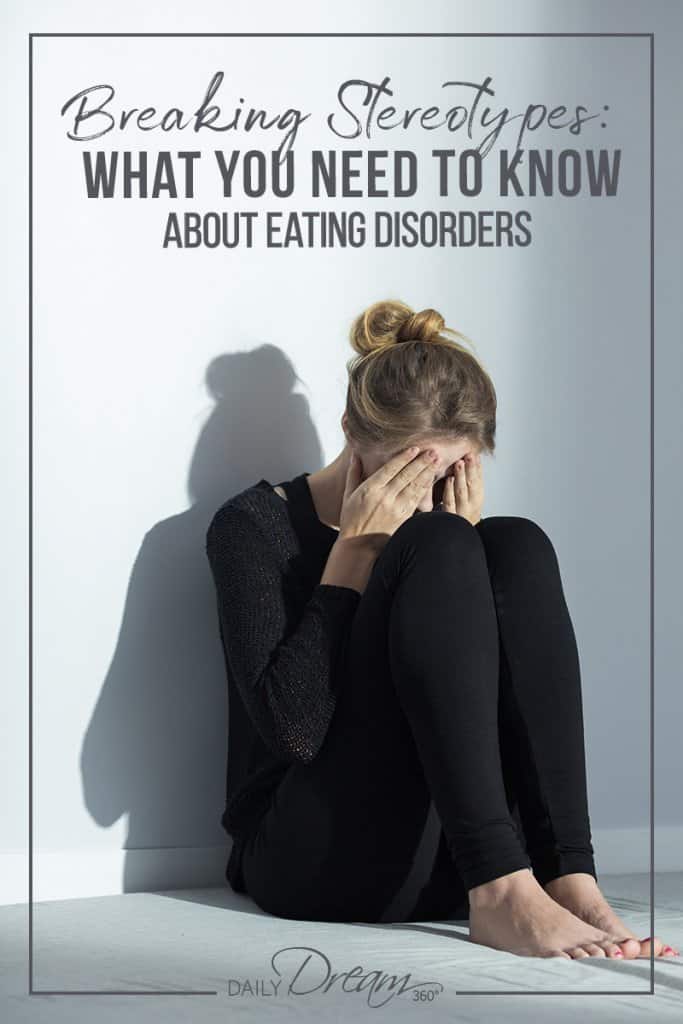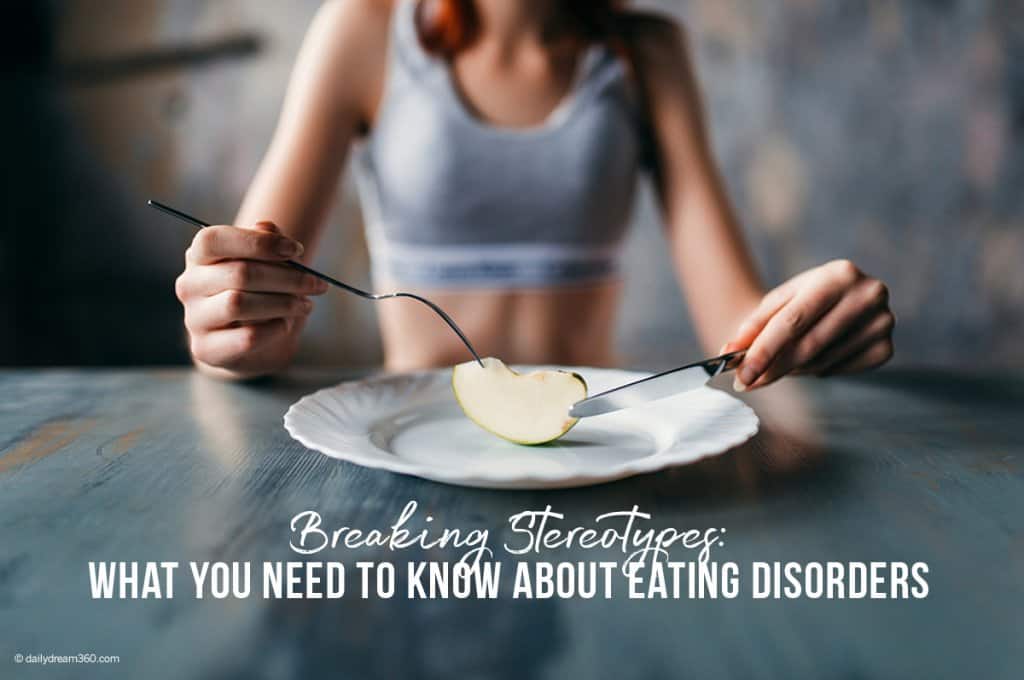This article may contain affiliate links. Clicking on or purchasing products we recommend through a link may earn a small commission. Read our disclosure and privacy policy page for details. *COVID-19 TRAVEL ALERT – Travel recommendations offered on this site are not to encourage you to travel against travel advisories.
Disclosure: This post was sponsored. The Centre for Discovery provided insights and I hope it will break down some eating disorder stereotypes and shed some light on what you need to know about eating disorders.
As I embark on my weight loss journey, I realize how my thoughts and feelings affect me over time. I also discovered that I don’t see the weight loss. People come up to me and freak out telling me I look great. Then I go home and look in the mirror, and I don’t see a change. It’s a known mental health issue called Body Dysmorphia. So if I can’t see the weight loss – will I know when to stop?
In today’s age of the internet and image-obsessed celebrity cultures, it easy to see why disorders in eating habits are so widespread. It is hard not to feel the pressure of a perfect photoshopped body. On social media, these perfect pictures and perfect lives fill our feeds. So how do we balance great health vs. the perfect body?
Eating Disorders are a Medical Condition
Many people think that an eating disorder is a choice, and this is not only wrong but also misleading. For those people who struggle with eating disorders, the severe repercussions on their bodies, and unhealthy patterns they follow shouldn’t be referred to as a choice. Much like an addiction to substance abuse, what you need to know about eating disorders is that they are triggered by a combination of biological and social influences and not by a willingness to eat or not to eat.

It is Not Simply a Phase
Some people rush to minimize the conversation around eating disorders by choosing to believe that eating disorders are nothing more than just a passing phase. Often stems from the resolutions that many people make every New Year, especially regarding eating habits and exercise regiments. However, the relationship between New Years’ and eating disorders instead serves as evidence of a deeper problem taught in society.
The constant need to change and reshape how you see yourself may sometimes indicate feelings of insufficiency. These feelings for many of us is what starts as a one week juice cleanse that opens the door to a dark hole of endless fad diets and long periods of self-loathing.
Anyone Can Fall Victim to Eating Disorders
Many people associate eating disorders with young, adolescent girls who are still trying to figure out who they are and are constantly comparing themselves to others. This view is not only incorrect but also discriminative. Any person, across the racial, economic, gender, and age spectrum, can fall victim to eating disorders. This misconception goes ahead to hurt men even further as they are unable to seek help since a majority of people view eating disorders as a woman’s problem.

An Eating Disorder Has Very Little to Do with Food
It is easy to assume that the disorder can be fixed by only eating more or less. However, as with anyone struggling with an eating disorder will tell you, eating disorders are not about the food.
Although struggling with weight and dealing with unhealthy eating patterns is a part of the problem, there are deeper issues of self-esteem and self-worth in play. People who struggle with eating disorders also carry with them deep feelings of self-hatred and a constant need for perfectionism. As such, many of them use food as a band-aid, and disordered eating serves as a means of distraction from harsh realities.

Recovery from an Eating Disorder is Possible
There is a lot of shame and stigma around the issue of eating disorders. These feelings often stop people struggling with eating disorders from seeking the help they need. For people who are living with an eating disorder, it is hard to imagine an end in sight. In addition to the stigma and shame, there is the fact that food is a central part of human survival.
However, recovery is possible. There are many treatment facilities and trained professionals who have dedicated their lives to helping people reshape their relationship with their bodies and food.
Recovery from an Eating Disorder Takes Time
It is important to remember that recovery does not occur overnight and is often a long, painful journey that will require you to deal with many of your deep-rooted feelings and fears. It also involves unlearning unhealthy behaviour and learning new healthier coping skills and strategies. Nonetheless, it does get more comfortable with time once you work it down to a system.
If you or someone you care about is struggling with an eating disorder, remember that you are not alone and you should seek the help of a medical professional who can guide you on what you need to know about eating disorders.

About the Center for Discovery
The Center for Discovery provides compassionate care that utilizes the very best evidence-based treatment options. For more than two decades they have helped thousands of clients discover their path to the full and rewarding lives they deserve. With them, patients have a team of experts who will design a unique treatment plan.
In treatment, patients learn about what’s underlying their eating disorder. Participants practice new coping skills, including how to forge a healthier relationship with food through hands-on meal preparation at one of their intimate estate-style homes or small outpatient centers. Patients will also continue to receive recovery support for life through the Center’s Aftercare Program.

